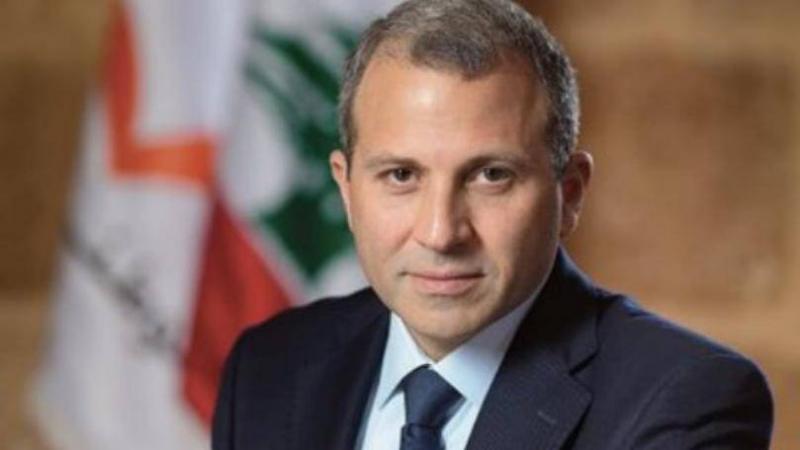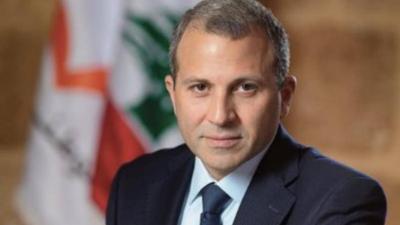The President of the House of Representatives, Nabih Berri, received the head of the Free Patriotic Movement, Deputy Gebran Bassil, along with a delegation of the "Strong Lebanon" bloc deputies, including: Alan Aoun, Asaad Dergham, Cesar Abi Khalil, Edgard Traboulsi, Charbel Maroun, and Samer Al-Toum, in the presence of deputies from the "Development and Liberation" bloc: Ali Hassan Khalil, Qablan Qablan, Fadi Alama, Qassem Hashem, and Mohammad Khawaja.
Bassil presented President Berri with a document from the Free Patriotic Movement outlining presidential priorities.
After the meeting, Deputy Gebran Bassil said: "We were honored to visit the President and presented him with the document of the movement regarding presidential priorities, explaining what we aspire to achieve. On one hand, we agree on the upcoming phase and the future mandate and its main titles and priorities. On the other hand, we must open dialogue among ourselves, as it is not possible to agree on electing a President of the Republic in the absence of consensus, neither the two-thirds nor the half with any parliamentary group. It is essential that we talk to each other. I do not believe anyone can imagine reaching a conclusion and avoiding a vacuum without dialogue."
He added, "I am glad that we found in President Berri all the understanding, readiness, and positivity necessary for this dialogue. I believe that President Berri has a role in this regard. The desire for dialogue exists not only about the phase but also about the names, as we will not elect a program in the ballot box, but rather names. Hopefully, we can continue this communication, and during this time, the youths are continuing their visits to the blocs. We will seriously strive, especially since we are 'closing in' on the last ten days to succeed in electing a President."
In response to a question about opening a new page with President Berri, Bassil said: "Regardless, I think this matter is natural. How can we 'elect a President of the Republic without talking to each other?' This does not negate political disagreements, and everyone has their stance. We are bound, under our system, to consensus; if there is no unanimity, then at least a minimum agreement is needed to secure the two-thirds and ensure the quorum and the 65 votes. This is a mandatory passage, and those who are keen to avoid entering the country into this difficult and exceptional situation, and because it is exceptional, we made the largest concession; the other must 'pull himself together' and talk with the others so we can engage in dialogue, and hopefully, we will reach a conclusion."




